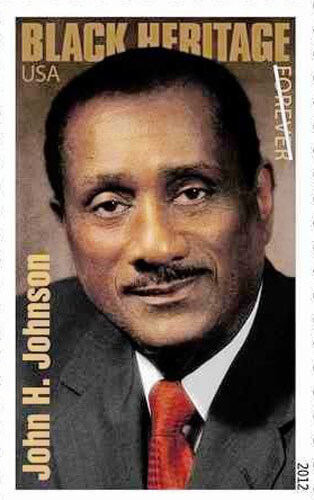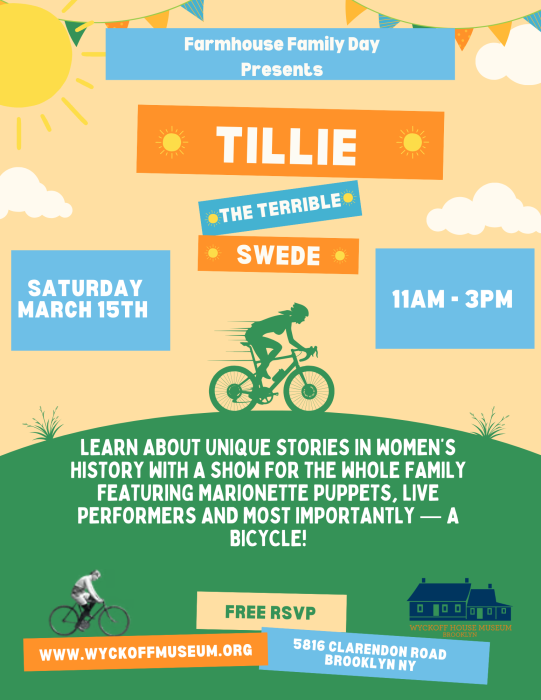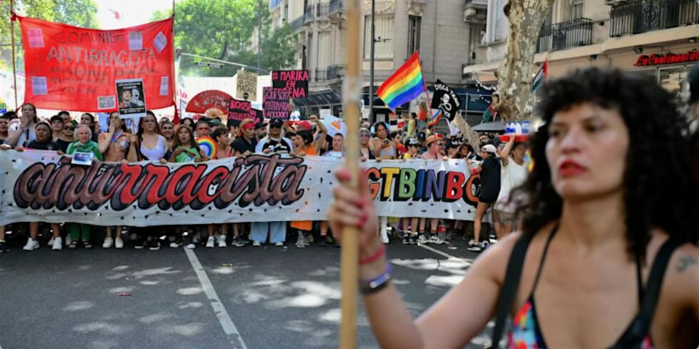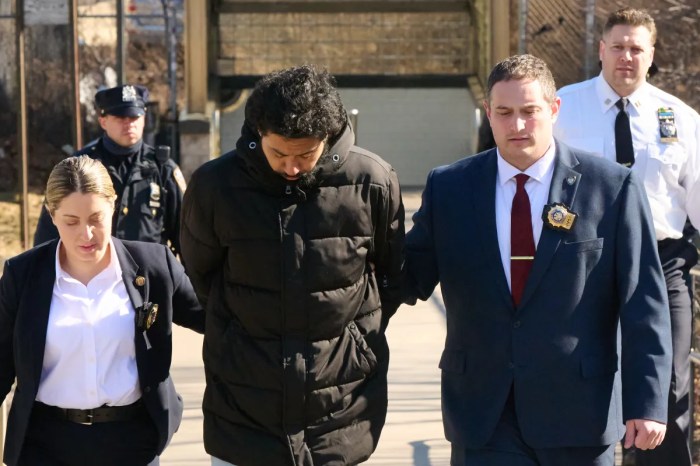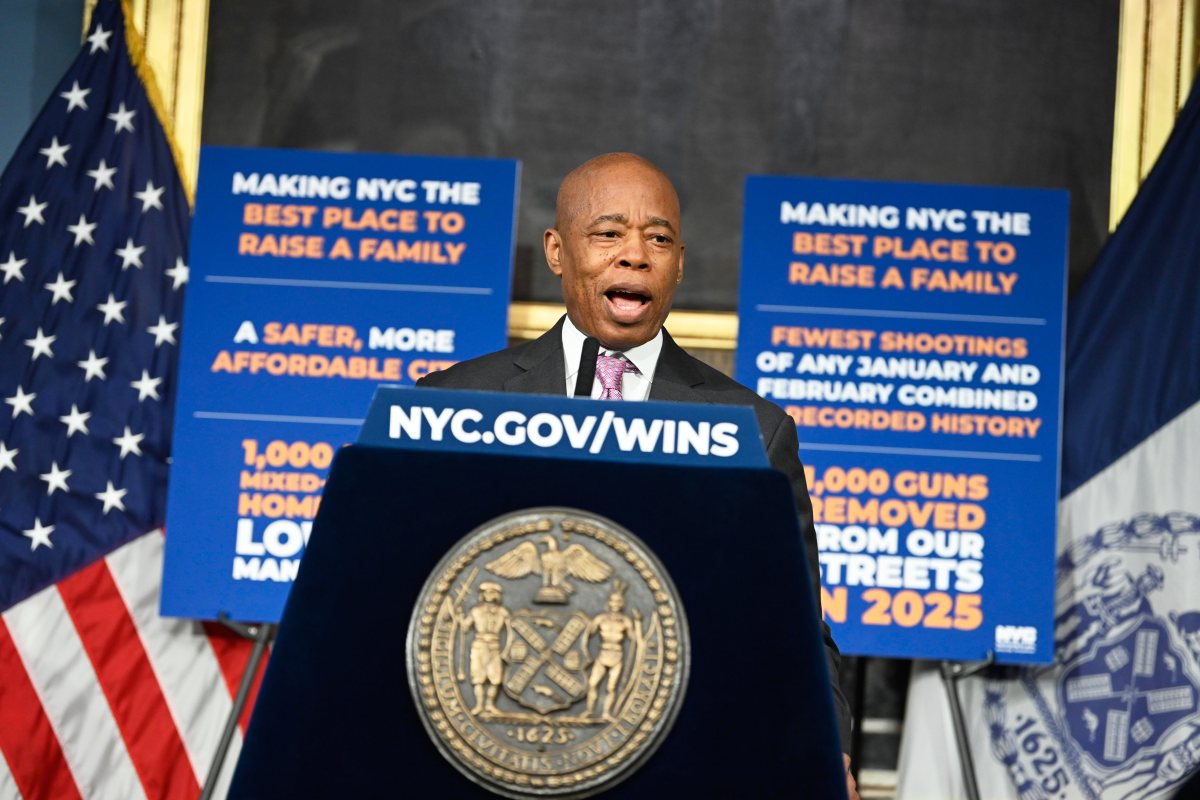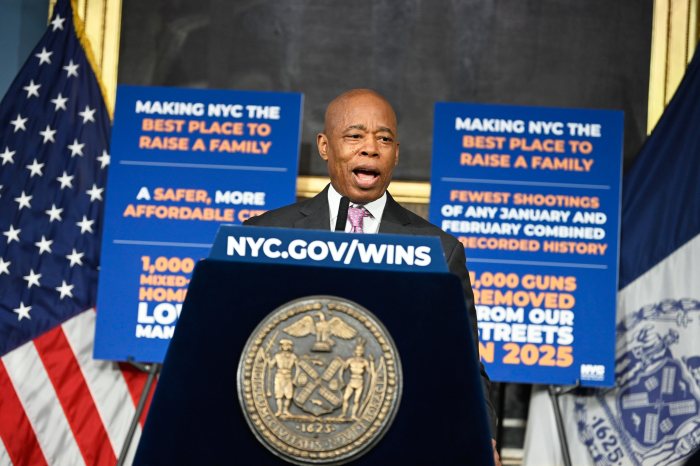“Lives of great men all remind us, we can make our lives sublime, and, departing, leave behind us, footprints on the sands of time.” -Henry Wadsworth Longfellow
Being unjustly plucked from family and society and being tossed in jail for bogus crimes designed to silence them were but mere stepping stones to their individual journeys to greatness for these divine titans. When others would have been broken, they became more resolved to fight oppression and injustice, and inspired the world, making it a better place. We must forever cherish their examples of courage and purpose.
As we celebrate the holidays, and the good things of life, we must pause, and pay tribute to the true people and real icons who made happiness and progress possible in America. The most revered in America is Dr. Martin Luther King Jr. His life and legacy remind us of the universality of the message of love, peace, brotherhood and the principles of truth and justice. In a letter from Birmingham City Jail, April 1963, Dr. King taught us, “Injustice anywhere is a threat to justice everywhere. We are caught in an inescapable network of mutuality, tied in a single garment of destiny. Whatever affects one directly affects all indirectly.”
Dr. King was strongly influenced by Mahatma Gandhi’s doctrine on nonviolence. Globalization of thought has existed from time immemorial. In March, 1936, Mahatma Gandhi shared, “I have nothing new to teach the world. Truth and nonviolence are as old as the hills. All I have done is to try experiments in both on as vast a scale as I could.” Yet, he defined the soul of human existence.
Similarly, Nelson Mandela was a South African anti-apartheid icon and revolutionary leader who broke the shackles of the color barrier to become President of South Africa from 1994 to 1999. He was also inspired by Gandhi’s and King’s common philosophy. After serving 27 years in prison by his oppressors, he became the country’s first black head of state and the first elected in a fully representative democratic election. His government focused on dismantling the legacy of apartheid by tackling institutionalized racism and fostering racial reconciliation. He conquered the evil system of apartheid by his monumental sacrifices.
Mandela’s teachings will also live on long after his death. He taught us that, “It always seems impossible until it’s done… Never, never and never again shall it be that this beautiful land will again experience the oppression of one by another… The greatest glory in living lies not in never falling, but in rising every time we fall… Difficulties break some men but make others, No axe is sharp enough to cut the soul of a sinner who keeps on trying, one armed with the hope that he will rise even in the end… And as we let our own light shine, we unconsciously give other people permission to do the same… I am not a saint, unless you think of a saint as a sinner who keeps on trying.”
So how does this relate to you? New York is a microcosm of America. Our portals are graced by the entry of many different people, whose blood, sweat and tears, oftentimes unrequited, provide the foundations for growth. Its strength is its diversity, in excelsis. The hero who opened that door widest in America is Dr. Martin Luther King Jr. Be grateful for that.
Yes, it was Dr. King who not only brought together people of color, but also welcomed people from around the world, from all races and walks of life, to follow his dream and work for equality and justice. The celebration of his life is a timely reminder of the ideals for which he stood. Not for a day, but for the rest of our lives, if we are to truly and collectively live the American dream!
To live the dreams and hopes of Dr. Martin Luther King, Mahatma Gandhi and Nelson Mandela, communities must unite for a common cause, and unite and participate in meaningful pursuits.
One of the pillars of Mahatma Gandhi’s teachings was to attain freedom and build unity by integrating the principles of Truth and using peaceful methods to advocate self-reliance and self-sufficiency. Our efforts to gain political inclusion have initiated the integration effort, and will continue the process of assisting our fellow human beings, our brothers and sisters.
We must demystify archaic traditions of caste, class and consciousness, and help our neighbors to see us as just another person passing this way but once, and if we stop to help a brother or sister, it must be seen as just that-humanity. If we work together, we will realize our transformative collective potential.
When we build bridges of understanding with our neighbors, we need to address the issues that suppress and divide us. We must applaud and promote service to our brothers and sisters, not detract from them. Service costs money, sacrifice and time. We need to develop our civic consciousness, overcome our petty prejudices and narrow mindedness, and make a difference in the fabric of America. Colloquially, you must rid yourselves of the crab mentality, stop pulling each other down, and criticizing each other. Uplift and progress, not stagnate and destroy.
The efforts of these three giants changed the course of history in their countries, and indeed, the world. We must nurture inspiration today to understand what it means to be part of a much more diverse and challenging America, where our challenges will grow daily to preserve the hard fought victories won against those would want to preserve the status quo. Just as how communities across America are inspired, daily, by King’s, Mandela’s and Gandhi’s approach to inclusion, brotherhood, peace and nonviolence, we must likewise take counsel.
My fervent hope is that we will understand the issues and get involved to strengthen and empower ourselves, our neighborhoods, our families and communities before it is too late. Walk a few steps in the imprints they left us…just follow the path…it’s already marked out for you!
Note: Albert Baldeo is a civil rights activist and community advocate. As President of the Baldeo Foundation and Liberty Justice Center, he has continued to fight for equal rights, dignity and inclusion in the decision making process. He can be contacted at the Baldeo Foundation: (718) 529-2300.



